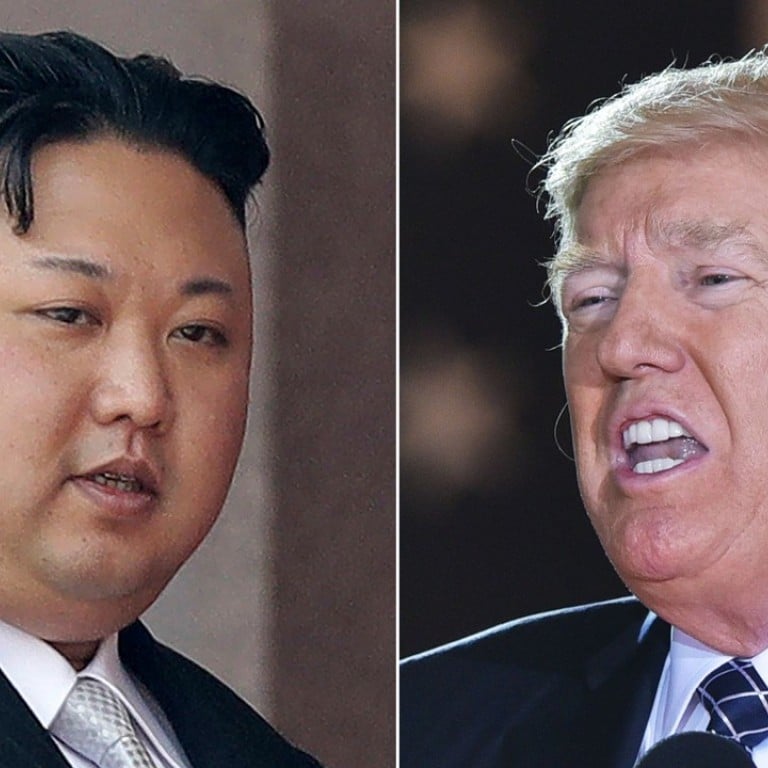
Trump vs ‘Rocket Man’: what if North Korea is the problem, not Kim?
The verbal jousting like the one between the ‘frightened dog’ and Pyongyang exposes the dangers of personalising foreign policy
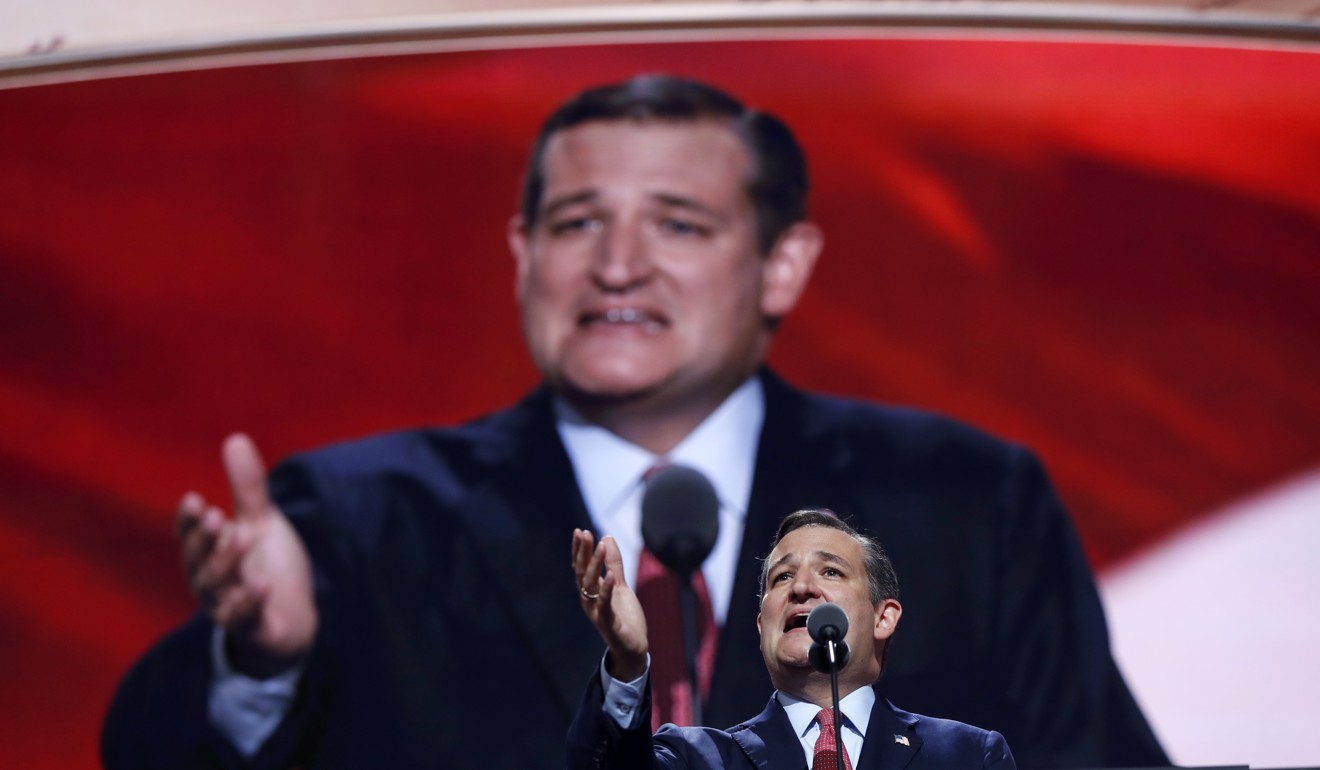
Can Trump do anything to stop a war with North Korea?
But while his rhetoric may be more extreme, Trump is actually just following a long line of American presidents who have repeatedly shown a dangerous tendency to personalise foreign policy disputes, resort to childish taunts, and naively assume that countries with long histories and complex cultures can be reduced to the exigencies and eccentricities of their leader of the moment.
So it was, for example, during the Contra war in Nicaragua in the late 1980s, President George H.W. Bush denigrated the Sandinista leader, President Daniel Ortega, as “shameful”, “outrageous” and, in what he envisioned his most demeaning put-down, “that little man”.
When Saddam Hussein invaded Kuwait in 1990, Bush also had choice words for him, calling him “a homicidal dictator” and “a little Hitler”. Bush’s son, President George W. Bush, went further, mispronouncing the Iraqi leader’s name as “Sa-dam” – to rhyme with “Adam” – which in Arabic roughly translates into “little shoe shine boy”.
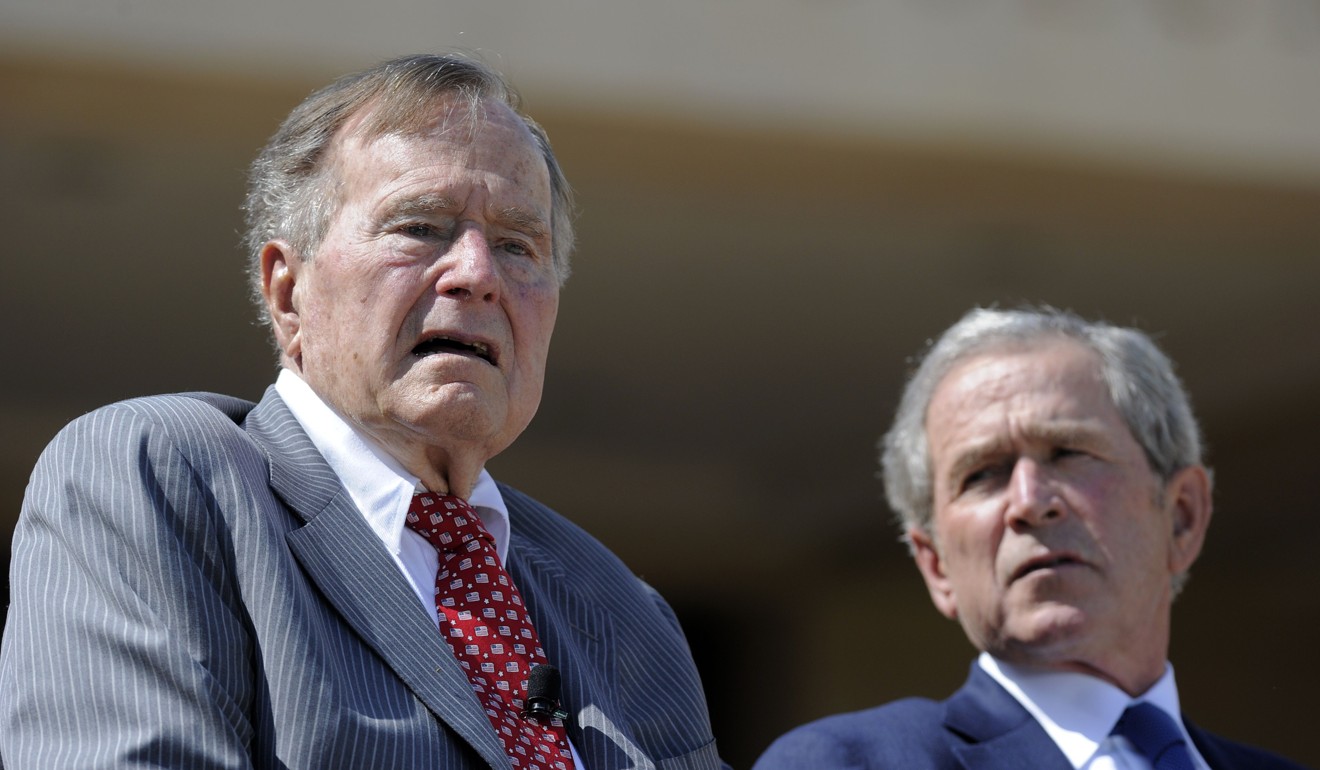
We – and here I include us in the news media – like to divide the world into good and evil, personified by enemies and icons.
The enemies are irreparably villainous, cruel, murderous, power hungry and slightly insane, and they appear on the cover of Time magazine looking particularly sinister.
The icons are beyond saintly, moral beacons of steadfast determination and justice – until they aren’t, and they lose their halos and fall from grace.
Trump’s nuclear stand-off with North Korea: why this is no Cuban Missile crisis
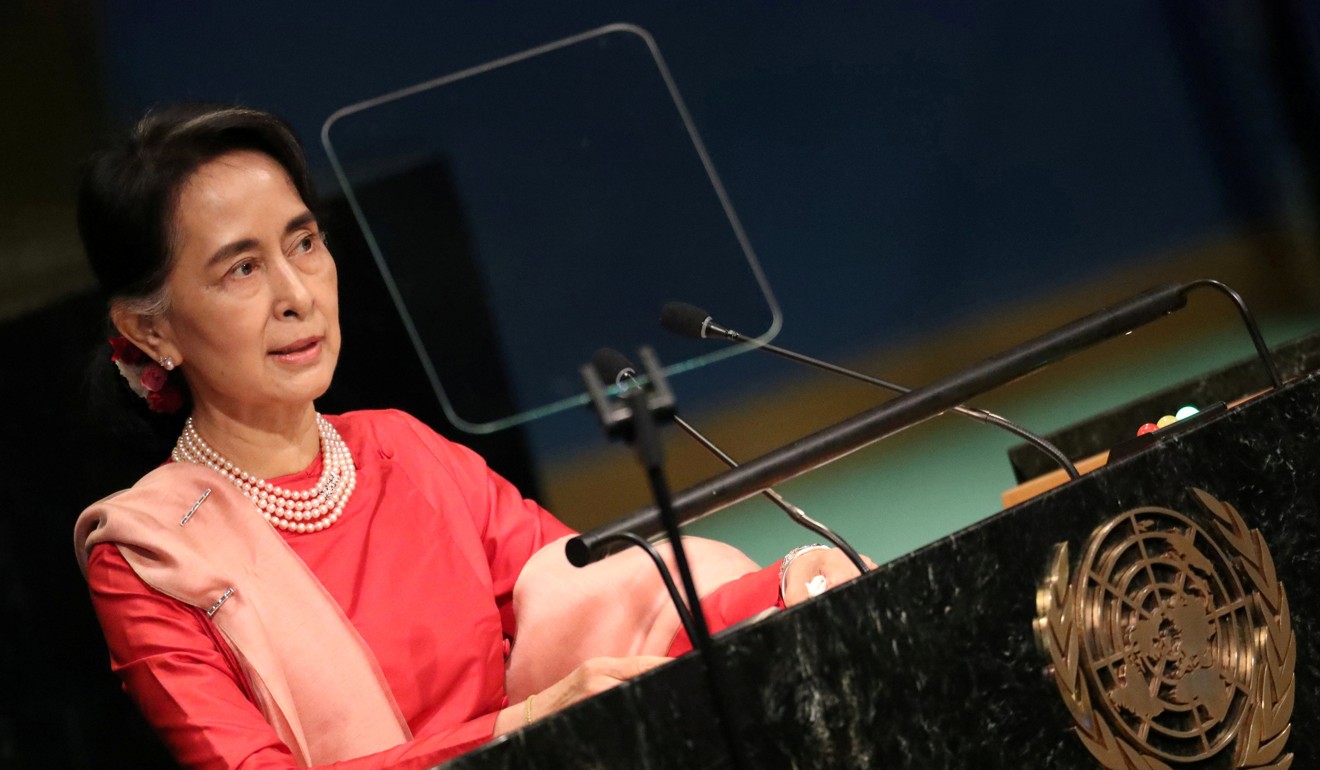
I have seen it before. When Corazon Aquino led the 1986 “People Power” revolution that toppled the Ferdinand Marcos dictatorship in the Philippines, she was revered as nothing less than saintly. But when Aquino left office in 1992, amid mass electricity shortages and having failed to address the country’s endemic poverty, to tame the restive military or reform its unequal distribution of land, the once-flawless icon was considered an inexperienced and ineffectual housewife unsuited for the presidency. The same goes for Indonesia’s Megawati Sukarnoputri.
Why sanctions will only fuel North Korea’s missile tests
When we make leaders the personification of their countries, and then personalise foreign policy, we are given to faulty analysis and misjudgments – sometimes with tragic results. When I drove a rental car into southern Iraq from Kuwait at the start of the 2003 American invasion, it was widely assumed that with Saddam toppled from power, the system he created would evaporate and the Americans would be cheered as “liberators”. Instead, I and my travelling companion found ourselves pinned down by sniper fire from the remnants of Saddam’s Baathist loyalists, evading armed looters and besieged by angry Iraqi civilians demanding to know what we, the invaders, had brought for them.
It was assumed Cuba’s communist system would never outlast its revolutionary hero, Fidel Castro. Castro retired from public life in 2008, died eight years later, and his brother Raul Castro took over – and the Cuban system looks as firmly in place as ever. Likewise, in Venezuela; Hugo Chavez is gone, but Maduro so far is keeping the Chavista revolution in power, despite mounting opposition and a crippled economy.
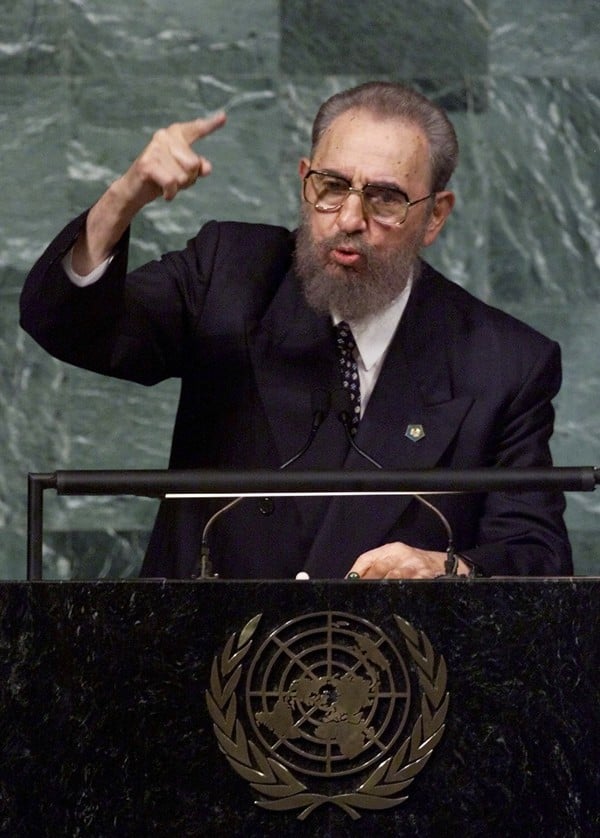
But what if Kim’s North Korea could survive without Kim? What if the regime not only survives the decapitation, but decides to massively retaliate, with Seoul and Tokyo within missile range? In other words, what if Kim is not just the personification of his country, but its reflection?
It would help if the US administration developed a true containment policy to deal with North Korea as a de facto nuclear power. It needs to abandon a “regime change” policy predicated on Kim being an irrational madman singularly leading his 25 million citizens unwillingly on a suicide mission.
It just might be possible that North Korea is more than just its leader, Kim Jong-un. After all, I like to think the US is more than just its erratic, trash-talking president, Donald Trump. ■
Professor Keith B. Richburg, a former Washington Post correspondent, is director of The University of Hong Kong’s Journalism and Media Studies Centre

